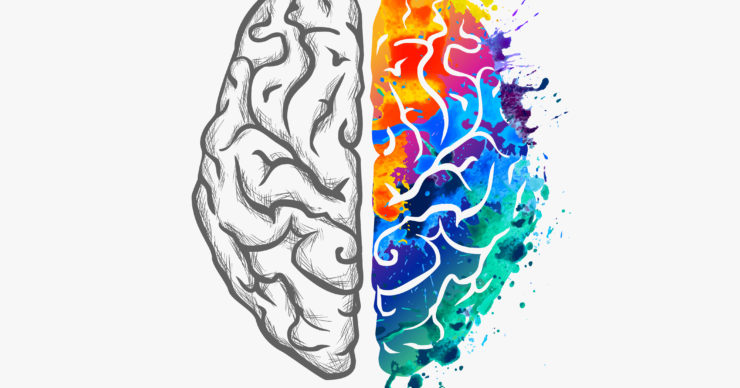|
What makes people differ from one another? Since the dawn of time people have simply been different from each other – they have thought differently, acted differently, and they fared differently in life from each other. So why do people differ? Whether coming from the scientific circles, philosophical or moral circles, or from wherever else, it's a question that’s been raised and pondered down through the centuries.
Some asserted that there is a strong physical/genetic basis that make these observable differences in people both unavoidable and unalterable. Others, however, pointed towards strong differences in people’s backgrounds, upbringing, and how they were ultimately taught and trained in their younger, more formative years as the reason why people differ from one another. So who is right? Today most experts agree that it’s not strictly one or the other, that is to say; it’s not about it being either genes or environment, being either nature or nurture, as to the reason why people differ. Rather, there is a give and take between both sides, which begins from conception and continues on throughout the various stages of one’s life. Neuroscientist Gilbert Gottlieb once said: ‘not only do genes and environment cooperate as we develop, but genes require input from the environment to work properly’ It’s certainly true that every person is born with their own unique genetic endowment. This means that people may start life with different temperaments, different aptitudes and so on. However, it is also evide clear that experience, training, and a person's own personal effort will take them the rest of the way. As psychologist and psychometrician Robert Sternberg once wrote regarding the major factor in whether people achieve expertise in something or not: 'it is not some fixed prior ability, but purposeful engagement' Or as Alfred Binet, the inventor of the IQ test, put it: 'It’s not always the people who start out the smartest who end up the smartest' So what does all this mean for you, as an individual? It means that your abilities, your traits, the way you think and the way you habitually act is not set in stone. Sure your genetics have played a part and will continue to play a part. But at the same time you are malleable. Through concerted effort you can change aspects about yourself you might not be satisfied with. But you need to have the belief first that it is possible for you to change. You see, if you believe that your qualities are carved in stone – as many people do – then this is unlikely going to serve you. Those who believe that their qualities and traits are set in stone, and therefore predestined to experience life in a certain way because of these unmalleable traits are said to have what is referred to as the fixed mindset. Having such a mindset tends to also create a sense of urgency in a person to prove themself over and over again to others. Why is this? Well if you believe that you only have a certain (fixed) amount of intelligence, or are stuck having a certain personality for the rest of your life, then you’d likely want to prove to others that what you do have is a healthy measure of intelligence, or that your personality is one that others can appreciate and warm to. But there is another mindset. In this mindset your traits are not viewed as merely a hand you’ve been dealt at birth and so must live with; a hand that has you constantly trying to convince yourself and others that you have a royal flush, to use poker lingo, when deep down you are worried it’s only a pair of tens you’re holding. On the contrary: This other mindset is based on the belief that your basic qualities are things you can cultivate through your efforts. This is the growth mindset and the basic premise of this mindset could be summarised as the following: Although people may differ in just about every way – from their individual talents, interests, aptitudes and temperaments – everyone can develop, grow and change (for the better) through simple effort, application, and experience. So does a person with a growth mindset believe that anyone can become anything; that anyone with good motivation or the right education can become an Einstein, da Vinci, or a Beethoven? No, this is not what having such a mindset entails. Having a growth mindset is about believing that a person’s true potential is unknown (and also unknowable), so it’s impossible to foresee what can be accomplished and achieved with years of passion, effort and training. You can clearly see here how having the belief that prized qualities can be developed (the growth mindset) creates a passion for further learning and continuous personal development. After all, why waste time trying to prove to others how great you are when you could be getting better? Why try hide deficiencies instead of overcoming them? And why seek out the predictable, tried and tested, instead of those experiences that will truly test you and help you grow? This desire for stretching yourself, even when things aren’t going well, is a hallmark of having a growth mindset.
0 Comments
|
AuthorShayne Hartung Archives
January 2024
|

 RSS Feed
RSS Feed